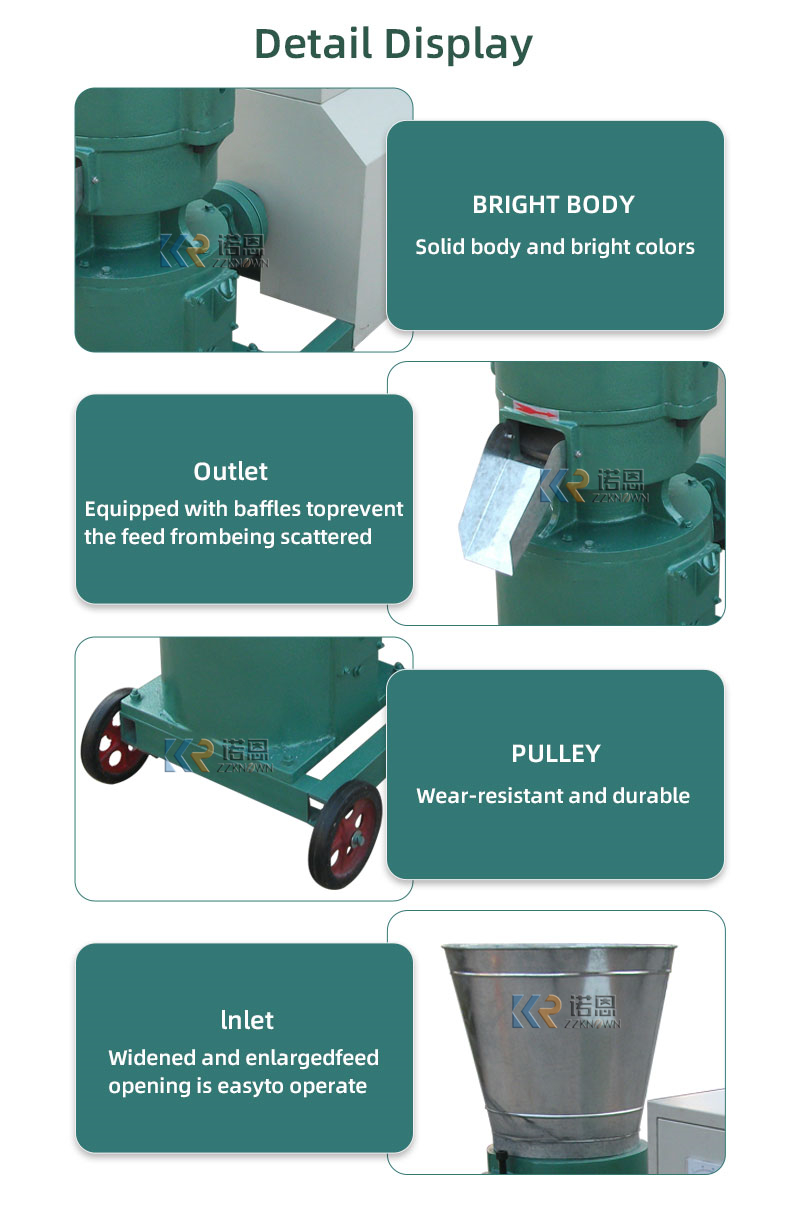Optimal Design for Pig Breeding Pens to Enhance Reproductive Success and Welfare
Nov . 26, 2024 20:18 Back to list
Optimal Design for Pig Breeding Pens to Enhance Reproductive Success and Welfare
The Importance of Effective Pig Breeding Pens
Pig breeding is a crucial aspect of the swine industry, directly impacting productivity, animal health, and ultimately, the bottom line for farmers. One of the most significant factors contributing to successful pig breeding is the design and management of breeding pens. Well-structured breeding pens not only promote the health and well-being of the animals but also enhance breeding efficiency.
Design Considerations for Breeding Pens
A successful breeding pen must be designed with several key factors in mind. First and foremost, space allocation is critical. Each breeding pen should provide enough room for the animals to move freely, reducing stress and aggression. A stressed pig can exhibit undesirable behaviors that may affect breeding outcomes. Ideally, the pen should accommodate one boar for every 5 to 10 sows, ensuring that mating can occur efficiently without overcrowding.
Next, the layout of the breeding pen should facilitate easy access for caretakers. This includes having gates that open wide and are positioned to allow for smooth animal movement. Additionally, the pen should be designed to protect the animals from external environmental factors, including extreme weather conditions, while also ensuring good ventilation.
Comfy and Safe Environments
The flooring of the breeding pen plays a significant role in the comfort of the pigs. Non-slip surfaces are essential to prevent injuries as pigs can be prone to slips, particularly when they are excited. Furthermore, providing bedding materials such as straw or wood shavings can enhance comfort, allow for natural behavior, and even contribute to environmental enrichment.
pig breeding pens

Social dynamics in pigs are vital, and breeding pens should cater to these needs. Pigs are social animals, and isolation can lead to increased stress levels. Whether through group breeding or allowing for visual contact between animals, the design of the breeding pens should take into account these social requirements.
Health Monitoring and Hygiene
Hygiene is another crucial aspect of pig breeding pens. Regular cleaning and disinfecting of the pens can prevent the spread of diseases, which is critical for maintaining the health of the breeding stock. Having a designated area for healthcare interventions, like vaccinations or health checks, should also be a part of the pen management plan. Keeping genetics strong through rigorous health checks can ensure healthier litters and enhance profitability.
Overall Breeding Efficiency
In addition to welfare considerations, the strategic design of breeding pens impacts the efficiency of the breeding process. Efficient mating sessions help to reduce the time it takes to achieve successful pregnancies in sows. This not only leads to quicker turnaround times for litters but also helps with the better management of breeding cycles. Employing technology, like heat detection systems, within the breeding pens can further improve the efficiency of the breeding program.
Conclusion
Investing in well-designed pig breeding pens is an essential step for farmers aiming for high productivity and animal welfare. The combination of proper space allocation, comfortable environments, hygiene practices, and efficient management regimes contributes significantly to successful breeding outcomes. As the swine industry continues to evolve, focusing on the welfare and efficient breeding of pigs will remain paramount for both ethical reasons and economic success. By prioritizing the design and management of breeding pens today, farmers can ensure a sustainable and profitable future.
-
Automatic Feeding Line System-Pan Feeder Nipple Drinker|Anping County Yize Metal Products Co., Ltd.
NewsJul.29,2025
-
Hot Sale 24 & 18 Door Rabbit Cages - Premium Breeding Solutions
NewsJul.25,2025
-
Automatic Feeding Line System Pan Feeder Nipple Drinker - Anping County Yize Metal Products Co., Ltd.
NewsJul.21,2025
-
Automatic Feeding Line System Pan Feeder Nipple Drinker - Anping County Yize Metal Products Co., Ltd.
NewsJul.21,2025
-
Automatic Feeding Line System - Anping Yize | Precision & Nipple
NewsJul.21,2025
-
Automatic Feeding Line System - Anping Yize | Precision & Nipple
NewsJul.21,2025






